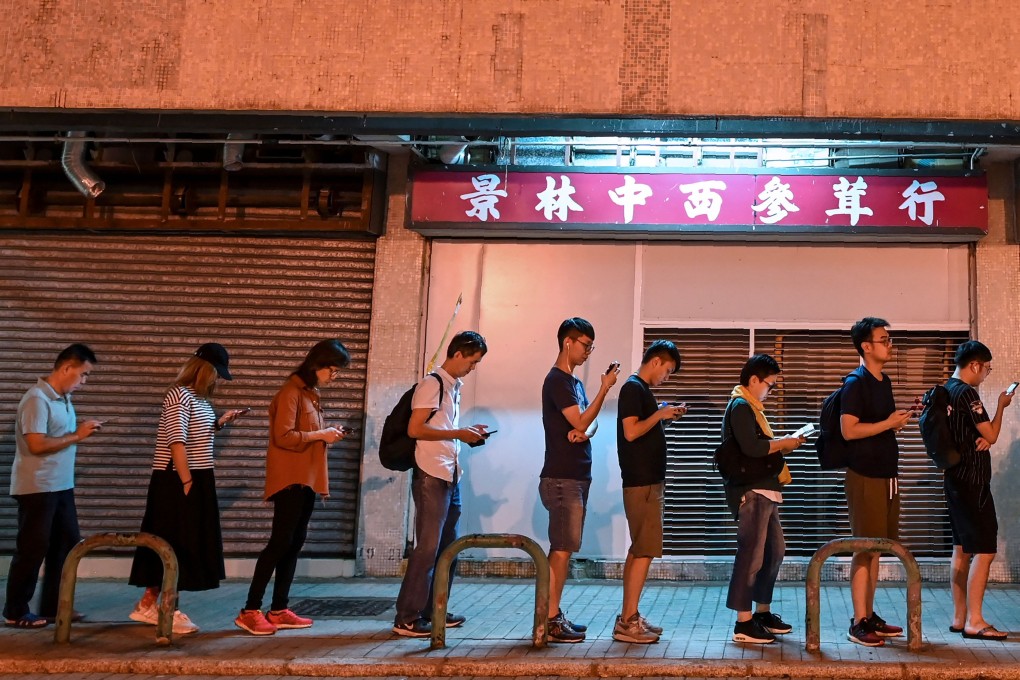Advertisement
Opinion | If Beijing can’t quit blaming foreigners for its problems, Hong Kong will forever be the site of foreign contagion
- Beijing continues to complain about foreign interference, after a record 2.94 million people voted in the Hong Kong district elections. The notion that ordinary Hongkongers have free will flies in the face of Chinese authoritarianism
Reading Time:3 minutes
Why you can trust SCMP
0

Since imperial times, China has had a problem with foreigners. This is, in part, due to a definition of Chineseness that is at once all-encompassing and narrow, flexible and compulsory.
Chineseness has never been centred around race or ethnicity, despite Han predominance. Instead, it has revolved around loyalty to the powers that be. While Chinese culture as exemplified by China’s self-conception as the Middle Kingdom is Sinocentric and does not accommodate ideas of “barbarians”, the Chinese power structure is synarchic and “barbarians”, such as Manchus during the Qing dynasty and Mongols during the Yuan dynasty, could partake in it.
This may explain why Beijing now defines Chinese patriotism as love for the motherland, socialism and the Communist Party. The humiliation China endured in the 19th and 20th centuries has bred a siege mentality that still holds sway despite China’s rise as a superpower. Beijing’s approach to Hong Kong encapsulates China’s perennial problem with foreigners and self-identification.
Since the handover in 1997, instead of seeing its recovery of Hong Kong as a source of national pride, Beijing has treated the city as a constant reminder of China’s past, a site where foreign elements thrive, and a home to subversives contaminated by a colonial mindset and determined to help foreign powers thwart China’s rise.
Hence Beijing’s push for Article 23 legislation and policies aimed at integrating Hong Kong with the mainland, such as the failed introduction of national education, the disqualification of pro-democracy legislators, and the “co-location” of Hong Kong and mainland border checks at the West Kowloon high-speed rail station – where Simon Cheng Man-kit, a Hongkonger and former British Consulate employee, got detained.
Universal suffrage, although promised in Articles 45 and 68 of the Hong Kong Basic Law, is anathema to Beijing not only because it contradicts the Communist Party’s position as the sole moral authority for all Chinese, but also because it is premised on values practised in countries that have invaded China (even Mongolia has democracy). Allowing it to materialise on Chinese territory is tantamount to admitting such values can take hold in China.
Advertisement
